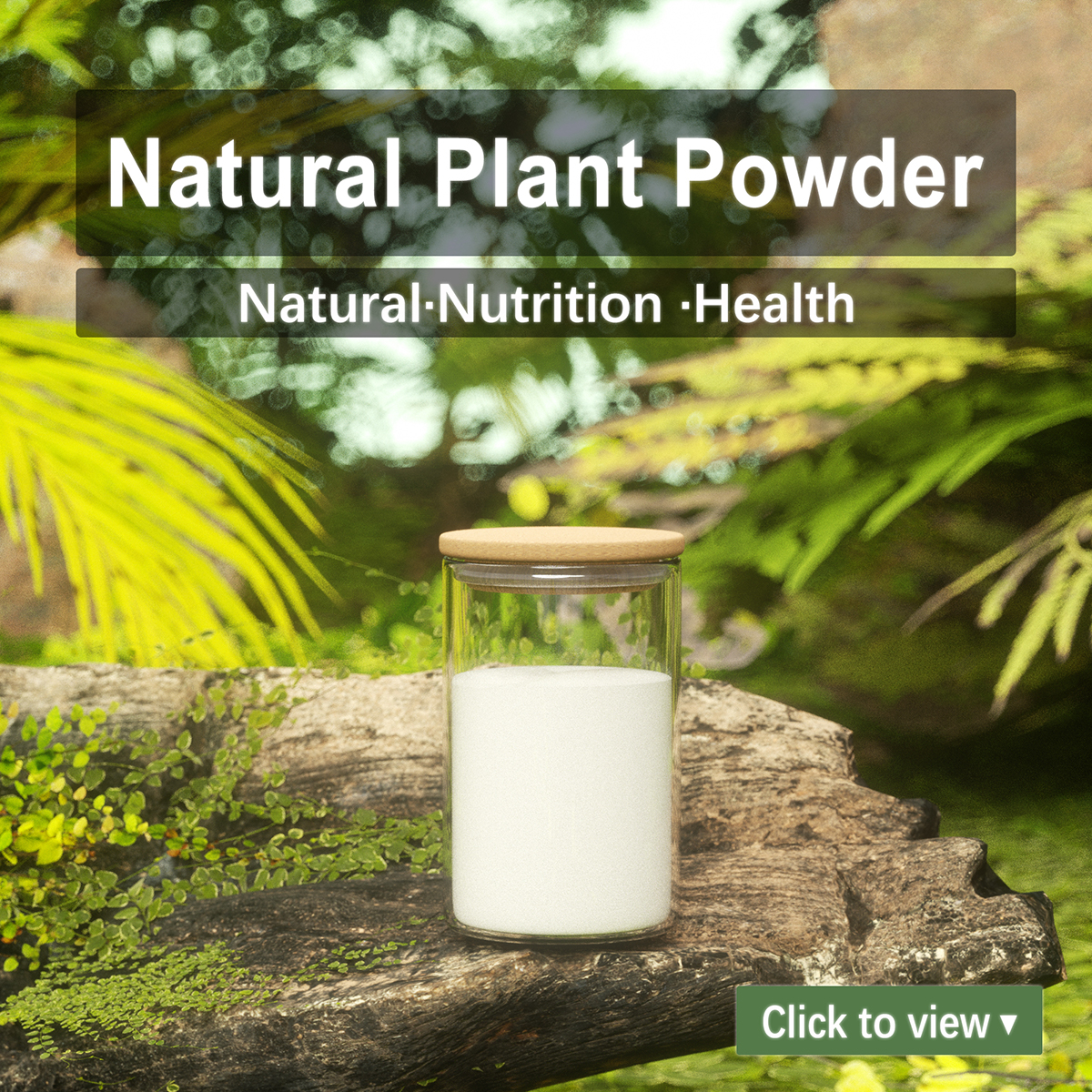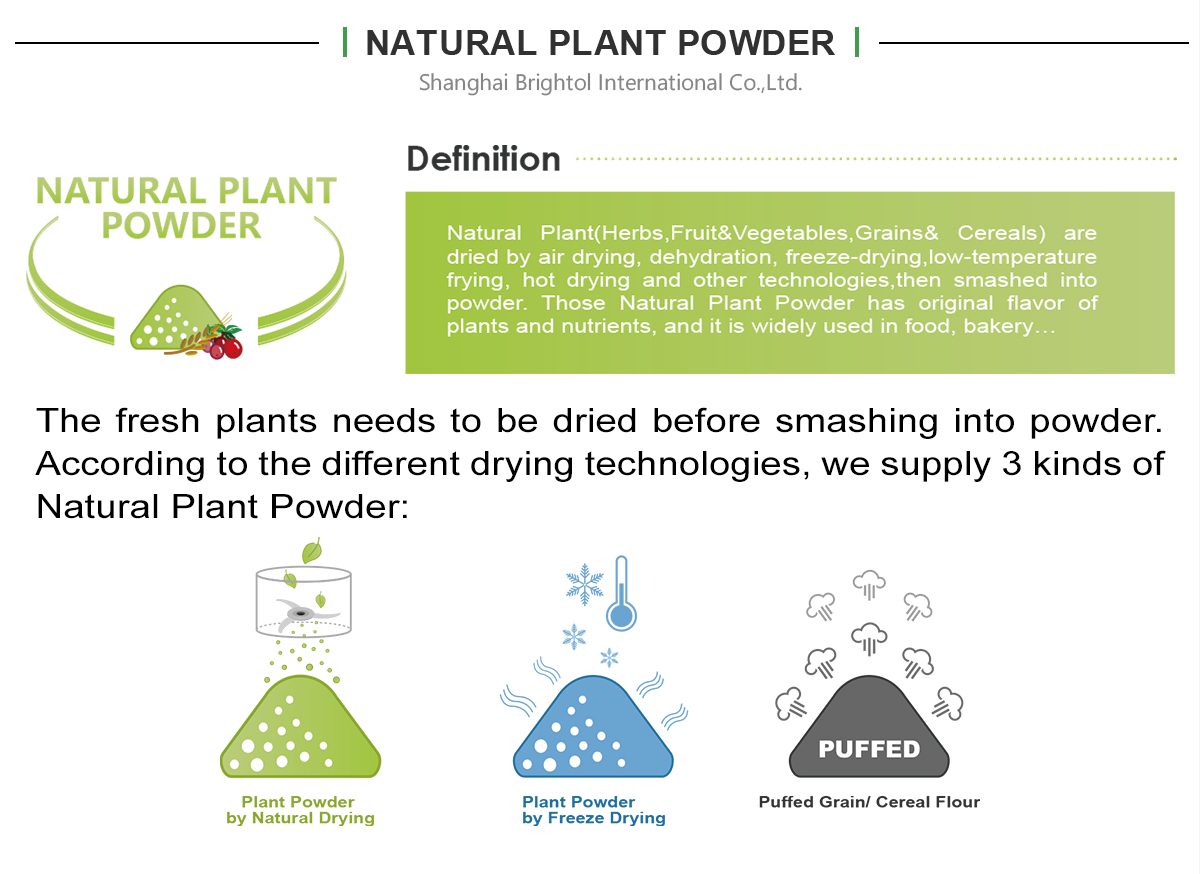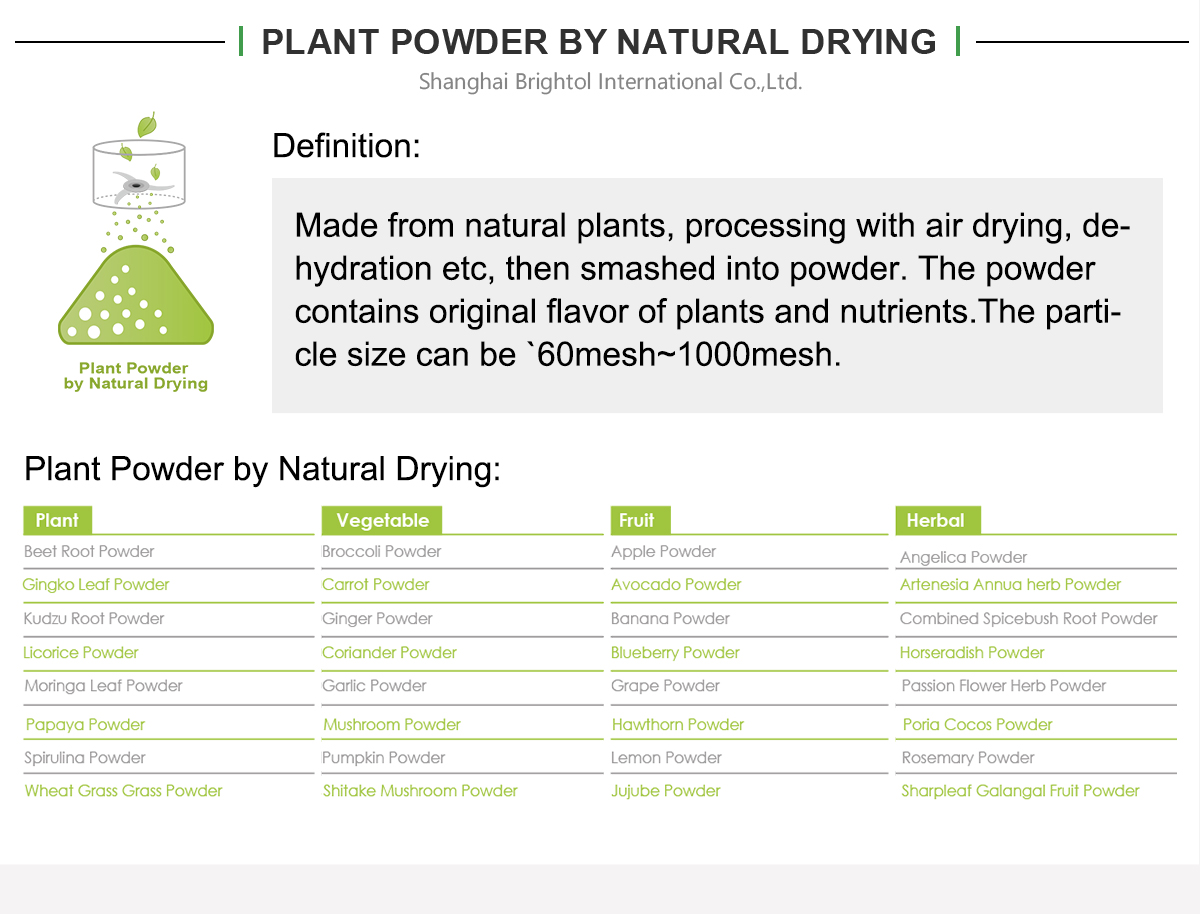

Description
Horseradish or Armorica Rusticana is actually a member of the Brassicaceae family, which may indicate that it is closely related to wasabi, mustard, cabbage, and broccoli. It may be closer in application to wasabi and mustard because of the thick, white root plant cells releasing enzymes that can break down the sinigrin which may be found in the root. This is probably why horseradish is so popularly used as a spicy burst of flavor in a number of dishes or a lightly applied condiment to certain types of steak or roast beef sandwiches.
Horseradish Nutrition Facts
The health benefits of horseradish can be mainly attributed to its high nutrient and mineral content, which may include dietary fiber, vitamin C, folate, potassium, calcium, magnesium, zinc, and manganese. It seems to also contain an organic chemical composition of enzymes and oils, like sinigrin, a powerful glucosinolate.

 Description
Description
Horseradish or Armorica Rusticana is actually a member of the Brassicaceae family, which may indicate that it is closely related to wasabi, mustard, cabbage, and broccoli. It may be closer in application to wasabi and mustard because of the thick, white root plant cells releasing enzymes that can break down the sinigrin which may be found in the root. This is probably why horseradish is so popularly used as a spicy burst of flavor in a number of dishes or a lightly applied condiment to certain types of steak or roast beef sandwiches.
Horseradish Nutrition Facts
The health benefits of horseradish can be mainly attributed to its high nutrient and mineral content, which may include dietary fiber, vitamin C, folate, potassium, calcium, magnesium, zinc, and manganese. It seems to also contain an organic chemical composition of enzymes and oils, like sinigrin, a powerful glucosinolate.
Health Benefits
1. Boost Immunity
2. Aid In Weight Loss
3. Improve Digestion
4. Improve Bone Health
5. Potential Antibacterial Properties
6. Potential Diuretic Properties
7. Improve Respiratory Conditions









